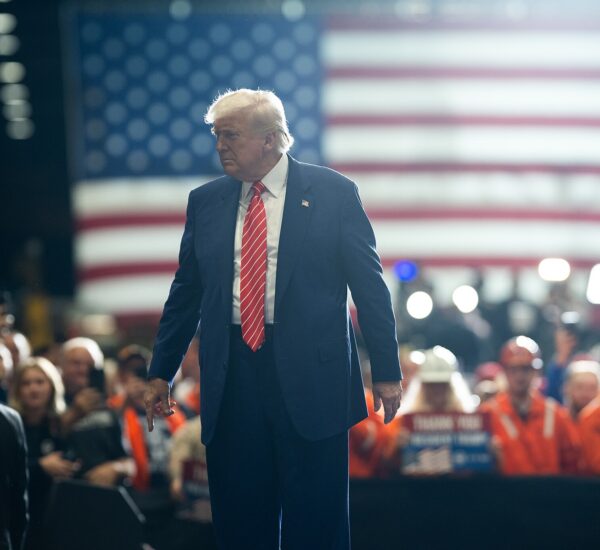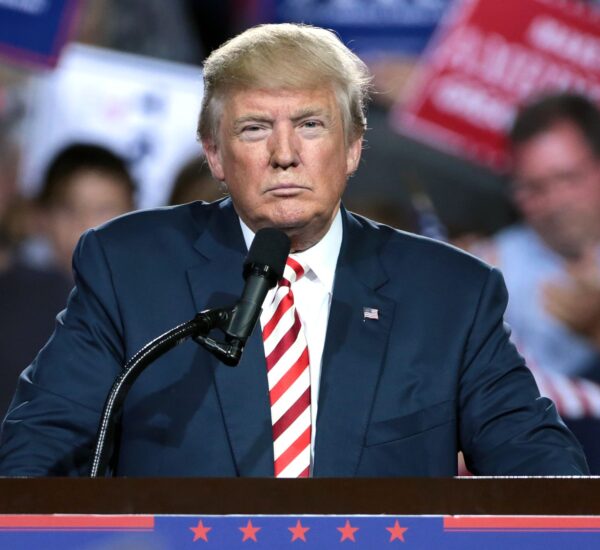Cheney Orders Bush To Do What?
In a recent episode of The New Yorker’s Radio Hour, former Rep. Liz Cheney (R-Wyo.) called on former President George W. Bush to endorse Vice President Kamala Harris, sparking significant discussion within Republican circles. Cheney expressed her frustration, stating, “I can’t understand why George W. Bush hasn’t taken a stand, but I believe it’s time for him to do so.”
Cheney has become one of the most prominent figures to publicly criticize Donald Trump while actively supporting the Democratic vice president. Notably, she is not alone; Barbara Bush, the former president’s daughter, has also joined the campaign trail, backing Harris in key battleground states like Pennsylvania. In a recent statement, Barbara shared, “It was uplifting to connect with voters and support the Harris-Walz campaign. I’m optimistic about their ability to move our country forward and safeguard women’s rights.”
Despite the calls for him to speak out, George W. Bush has refrained from endorsing any candidate for the upcoming 2024 election. Cheney’s family ties to the former president deepen the intrigue, as her father, former Vice President Dick Cheney, has also voiced strong opposition to Trump. In a campaign advertisement, he declared, “In our nation’s 246-year history, there has never been an individual who poses a greater threat to our republic than Donald Trump.”
Recently, Liz Cheney has been actively campaigning for the Democratic nominee in Wisconsin, highlighting the importance of this swing state in the presidential race. During her time at The New Yorker festival, she also commented on The Washington Post’s decision not to endorse any candidate, criticizing Jeff Bezos for his reluctance to support a “stable and responsible” candidate due to fears surrounding Trump.
Cheney’s remarks underscore a growing divide within the GOP, as she emphasizes the need to remember those who have taken principled stands, even when faced with pressure. Her statements reflect a broader concern among some Republicans about the direction of the party and the importance of preserving the core values that define it. As the 2024 election approaches, this conversation will undoubtedly continue to evolve, shaping the future of the Republican Party and its identity in the political landscape.





